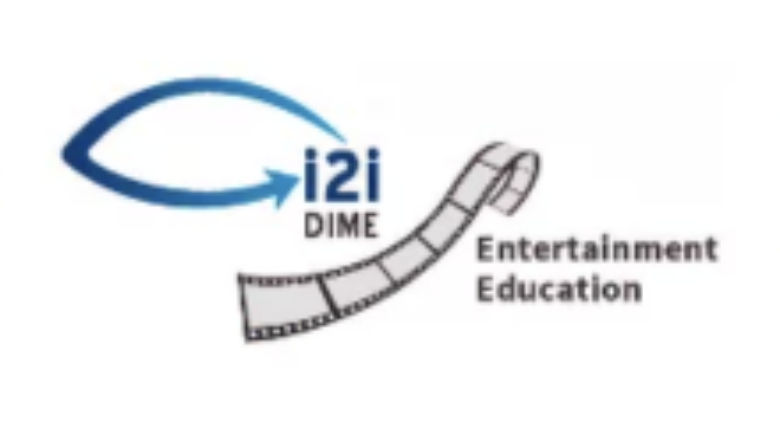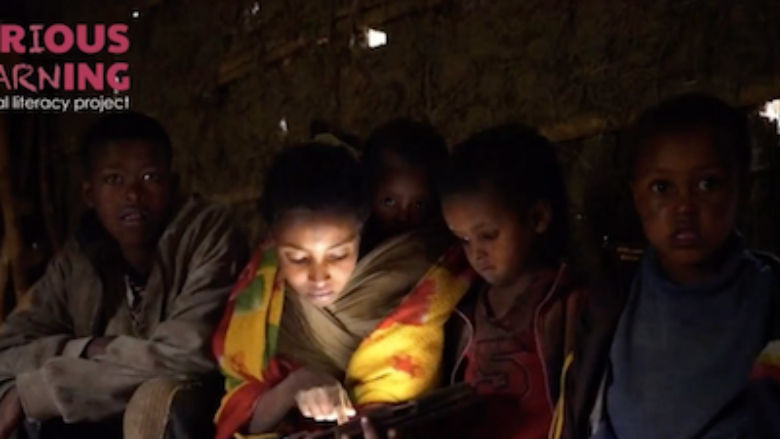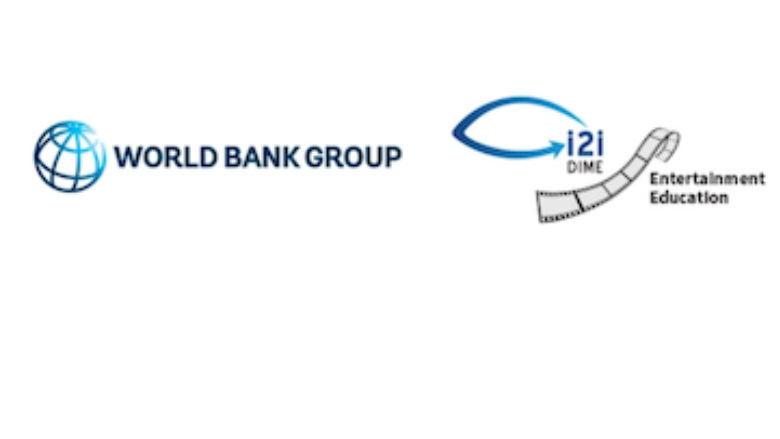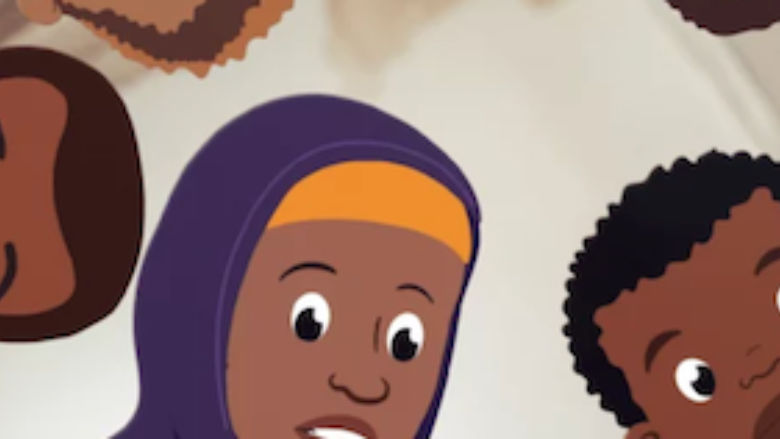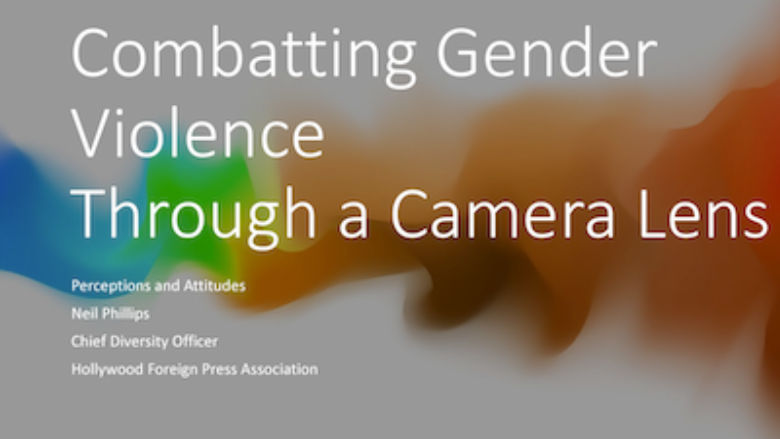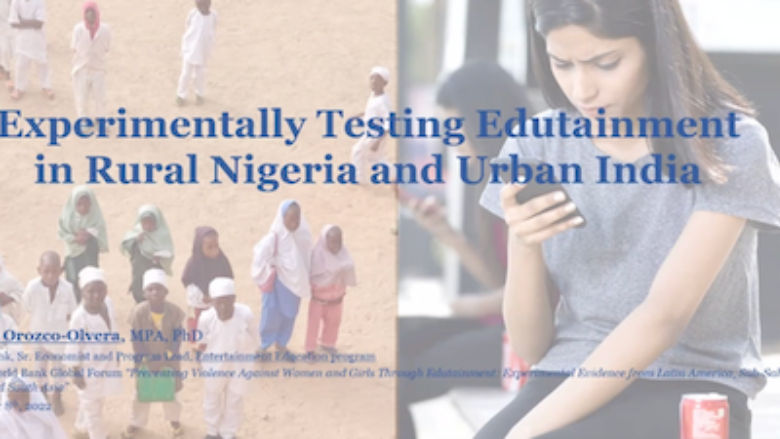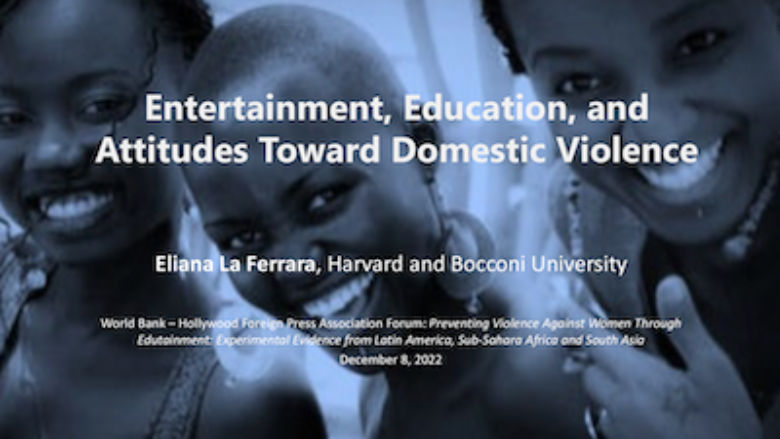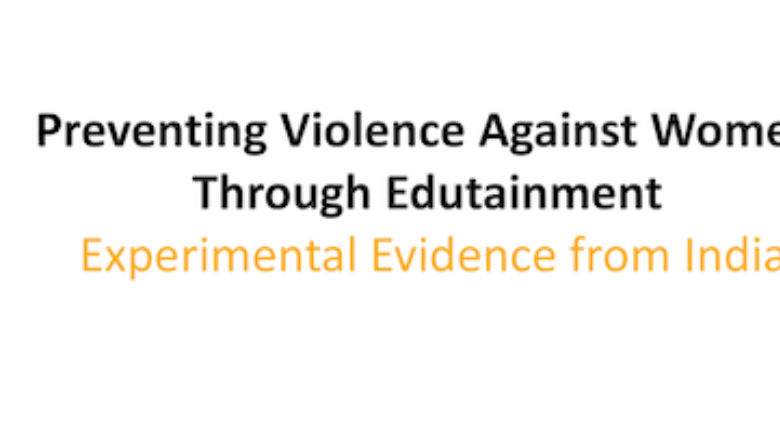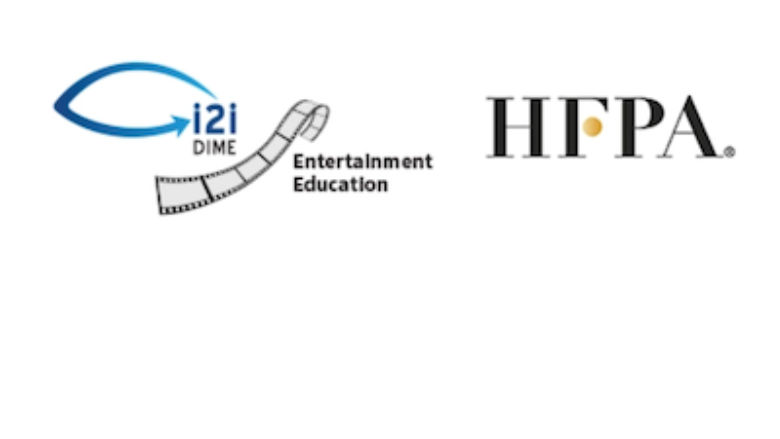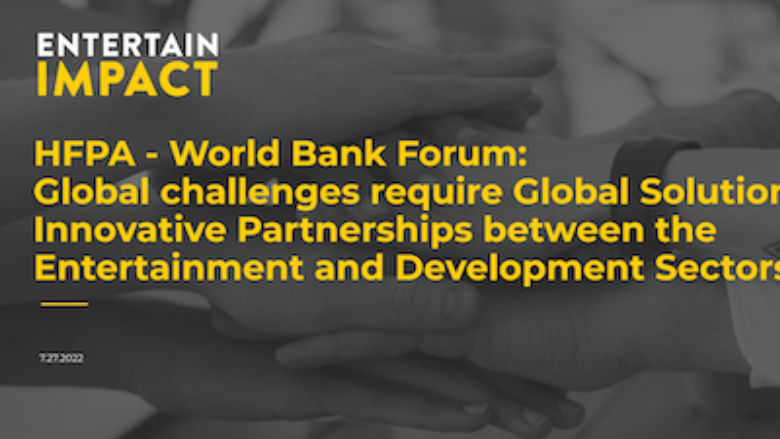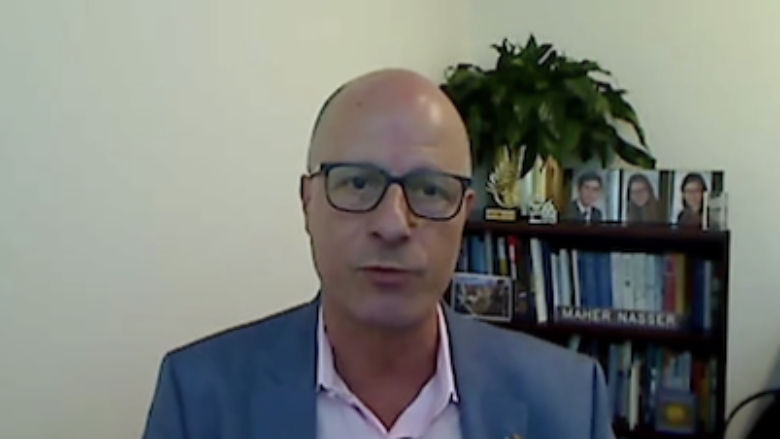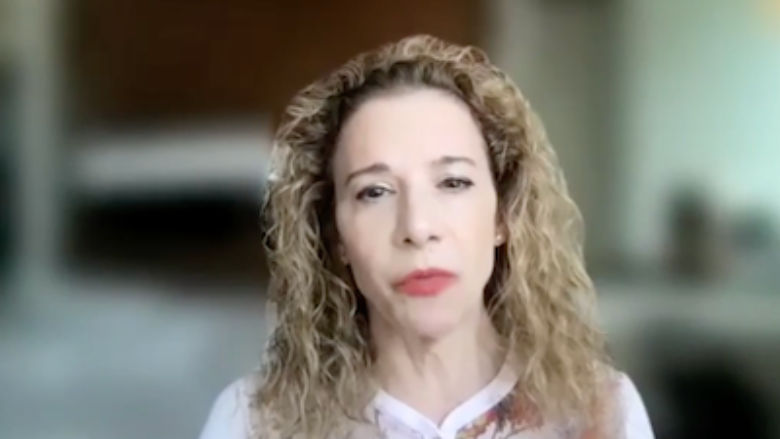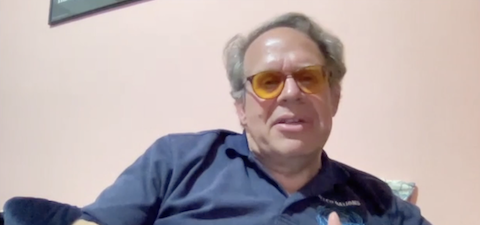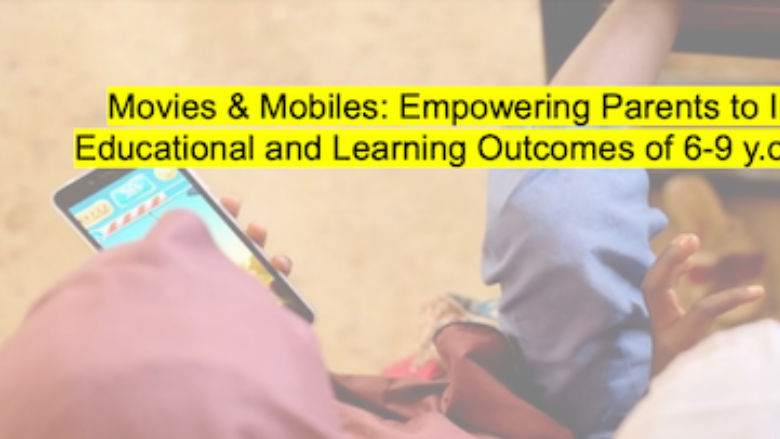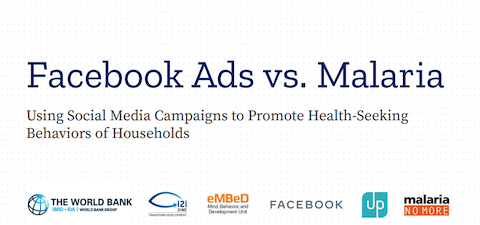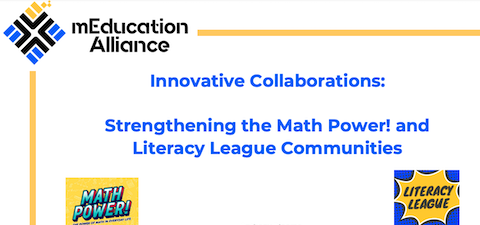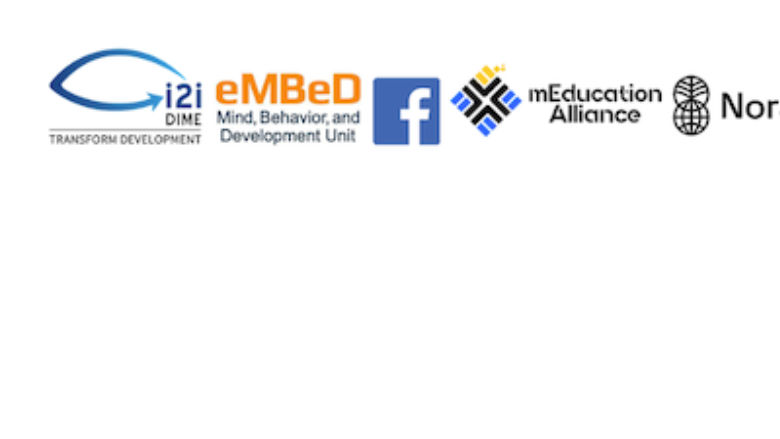
Overview
Edutainment (entertainment-education) leverages media like movies, TV shows, social media, music, and games for educational and developmental goals (Banerjee, et al., 2019; Berg, et al., 2017). Amid global crises, traditional communication methods have proven inadequate, but the rise of the internet and mobile technology offers a unique opportunity for positive change. World Bank research and recent systematic reviews (World Bank 2015, IPA 2023) show that edutainment can create emotional connections and significantly alter attitudes and behaviors on a large scale, positioning it as a "Best Bet" innovation in development practice.
Themes
Bringing Experimentation to Entertainment Media
This program spans various sectors and aligns with multiple Sustainable Development Goals (SDGs), using edutainment to advance girls' education, promote solar lantern use, improve financial decisions, address violence against women, and reduce the transmission of HIV/AIDS. A study co-authored by Nobel Laureate Professor Abhijit Banerjee found that the TV drama MTV Shuga doubled HIV testing rates, halved sexually transmitted infections, and reduced violence in sub-Saharan Africa. Another study in northern Nigeria showed that a 5-day intervention with community screenings and smartphones preloaded with gamified literacy apps improved learning outcomes, reshaped gender norms, and reduced teenage pregnancies. These studies highlight the cost-effectiveness of edutainment in addressing global challenges.
Global Collaborations and Global Forums
The Development Impact Group Edutainment program partners with various World Bank units, development organizations, and major media and edtech entities, including MTV, Discovery, Facebook, BBC Media Action, and Curious Learning. Research findings have been presented at prominent events like the American Economic Association Meetings, the UN General Assembly, and the International AIDS Conference. To boost policy influence, the program has hosted workshops and forums in key cities such as Washington DC, Mexico City, Lagos, Mumbai, and Los Angeles.
Policy Impact
The program has notably influenced policy, garnering increased support from organizations like the World Bank Group, GIZ, and the Bill and Melinda Gates Foundation for global edutainment efforts. For instance, the Development Impact Group's research led to renewed investments in Nigeria’s MTV Shuga, resulting in multiple seasons produced across Nigeria, India, and recently, the United States.
Partnerships
The Development Impact Group Edutainment program is strengthening ties with the U.S. entertainment industry and international hubs to boost investments in entertainment education. For instance, its collaboration with the former Hollywood Foreign Press Association led to global forums addressing edutainment challenges and opportunities. As more people in emerging markets access smartphones and the internet, edutainment's potential to reach billions and support SDGs grows. The Narrating Behavior Change program, a multi-sectoral initiative, has secured funding from The Bill and Melinda Gates Foundation, the Norwegian Agency for Development Cooperation, the UK Foreign & Commonwealth Office, the German Corporation for International Cooperation, and the European Commission.
Our research teams are studying the impact of edutainment in movie theaters and middle schools to combat youth addictions in Mexico, testing online ad campaigns to prevent malaria in India, and conducting a multi-country trial on COVID-19 vaccine hesitancy. Digital platforms enhance synergies between edutainment and machine learning (see the work of DIME AI here), such as detecting hate speech online and testing a social cohesion campaign on Nigerian Twitter. Supported by the Bill and Melinda Gates Foundation, we use machine learning to analyze mass media consumed by adolescent girls and young women in Nigeria, Kenya, and India, expanding research on gender biases and online edutainment campaigns to reshape gender norms.
